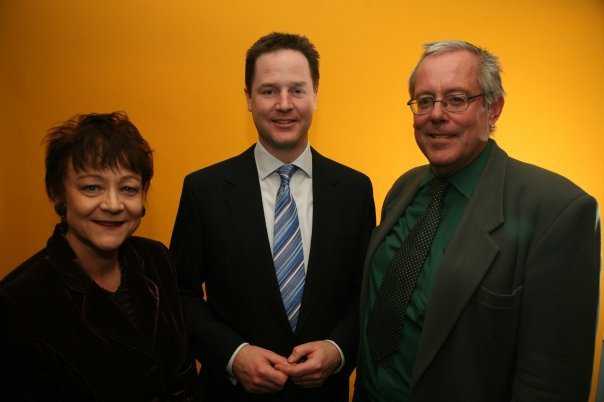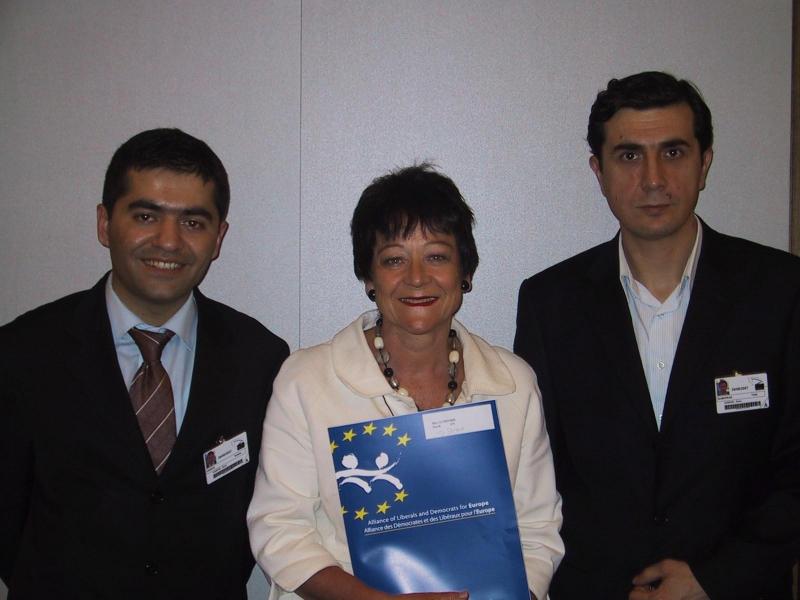
Plan Would Crack Down On Individuals, Firms With Money Abroad
Video
Obama Announces Plan to Close Tax Loopholes
President Barack Obama is proposing to close tax loopholes for companies and individuals with operations or bank accounts overseas.
» LAUNCH VIDEO PLAYER
By Lori Montgomery and Scott Wilson
Washington Post Staff Writers
Tuesday, May 5, 2009
President Obama yesterday announced a major offensive against businesses and wealthy individuals who avoid U.S. taxes by parking cash overseas, a battle he said would be fought with new tax laws, new reporting requirements and an army of 800 new IRS agents.
During an event at the White House, Obama said his proposal would raise $210 billion over the next decade and make good on his campaign pledge to eliminate tax advantages for companies that ship jobs abroad.
“I want to see our companies remain the most competitive in the world. But the way to make sure that happens is not to reward our companies for moving jobs off our shores or transferring profits to overseas tax havens,” Obama said, flanked by Treasury Secretary Timothy F. Geithner and Internal Revenue Service Commissioner Douglas Shulman.
The nation’s largest business groups immediately assailed the proposal, arguing that it would subject them to far higher taxes than their foreign competitors must pay and ultimately endanger U.S. jobs. Key Democrats were cool to the plan, and said Obama’s ideas should be considered as part of a broader effort to streamline the nation’s complex corporate tax code.
“Further study is needed to assess the impact of this plan on U.S. businesses,” Sen. Max Baucus (D-Mont.), chairman of the Senate Finance Committee, which has jurisdiction over U.S. tax law, said in a written statement. “I want to make certain that our tax policies are fair and support the global competitiveness of U.S. businesses.”
Yesterday’s announcement offered the first details of a tax plan that was sketched out in the $3.4 trillion budget request that Obama sent to lawmakers earlier this year and that Congress approved last week. If the measures do not survive congressional scrutiny, the lost revenue would increase already-elevated deficit projections, unless lawmakers find money elsewhere.
Obama said his plan could serve as “a down payment on the larger tax reform we need to make our tax system simpler and fairer.”
The proposal takes aim at what corporate executives consider to be one of the most critical features of the U.S. tax code: permission to indefinitely defer paying U.S. taxes on income earned overseas.
Currently, U.S. companies can avoid paying taxes on foreign profits until they bring the money back home. So a U.S. company doing business in Ireland, for example, must pay the Irish tax of 12.5 percent, like every other company doing business in Ireland. But the U.S. firm would owe an additional 22.5 percent to the U.S. Treasury (the difference between Ireland’s tax rate and the 35 percent U.S. tax rate) unless it reinvests the money overseas.
The United States is the last major economic power to tax the profits of locally headquartered companies if that income is earned abroad. Other nations, including most recently Japan and Britain, are moving to a territorial system that taxes only corporate profits earned within their borders.
Instead of following that trend, Obama proposes to move in the opposite direction. He argues that the current system gives tax breaks to U.S. multinationals at the expense of companies that operate solely on American soil. In 2004, the most recent year for which statistics are available, U.S. multinationals paid an effective U.S. tax rate of just 2.3 percent on $700 billion in foreign profits, according to the administration.
“It’s a tax code that says you should pay lower taxes if you create a job in Bangalore, India, than if you create one in Buffalo, New York,” the president said yesterday.
To level the playing field, Obama would bar firms from taking deductions for expenses that support their overseas investments until they pay U.S. taxes on the profits. He would also crack down on firms that overstate their foreign tax bills. And he would reverse a Clinton-era rule known as “check the box,” which permits firms to more easily transfer cash between countries. In practice, Obama officials said, “check the box” has been used to shift income away from higher-tax countries and into tax havens such as Bermuda and the Cayman Islands, allowing firms to reduce their tax bills both at home and abroad.
Those provisions would take effect in 2011 and would raise about $190 billion by the end of the next decade. In return, Obama proposes to make permanent an existing tax credit for companies that spend money on domestic research and development programs, worth about $75 billion over the next decade.
Obama also proposes to crack down on wealthy people who evade taxes through offshore bank accounts, primarily by targeting financial institutions in tax-haven jurisdictions. That plan, which would net another $9 billion over the next decade, appears to have few opponents.
By contrast, more than 200 U.S. companies and trade groups have signed a letter asking congressional leaders to oppose Obama’s proposal to limit their ability to defer U.S. tax payments. The letter, signed by Alcoa, General Electric, McDonald’s and Microsoft, among others, warned that restricting the deferral rules would make it difficult to compete abroad.
The U.S. Chamber of Commerce also denounced Obama’s plan. And John Castellani, president of the Business Roundtable, a coalition of the nation’s largest firms, called it “the wrong proposal at the wrong time for the wrong reasons” that will “make us less competitive in the international marketplace, where, by last count, 95 percent of the world
Rosanne Altshuler, co-director of the Tax Policy Center, a joint project of the Urban Institute and the Brookings Institution, said some of Obama’s proposals have merit. But “the big question mark is whether limiting deferral will lead to more jobs in the U.S., and it’s not clear to me that this is what will happen.” Instead, Altshuler said, the result may be to create a tax advantage for U.S. firms to be acquired by foreign owners, an “unintended consequence” that “would probably be bad.”
“There’s a big difference between abusive tax avoidance and legitimate tax policy that recognizes the global economy,” said Sen. Charles E. Grassley (Iowa), the senior Republican on the Senate Finance Committee. “To the extent the president continues on the road of cracking down on tax abuse, he can count on my support. But if he’s using tax shelters as a stalking horse to raise taxes on corporations at the cost of U.S. jobs, he’ll lose me.”




 Recep Tayyip Erdogan will start his visit to Azerbaijan on May 12, CNN Turk informs. The Turkish prime minister will have meetings in the capital Baku on May 13.
Recep Tayyip Erdogan will start his visit to Azerbaijan on May 12, CNN Turk informs. The Turkish prime minister will have meetings in the capital Baku on May 13.








